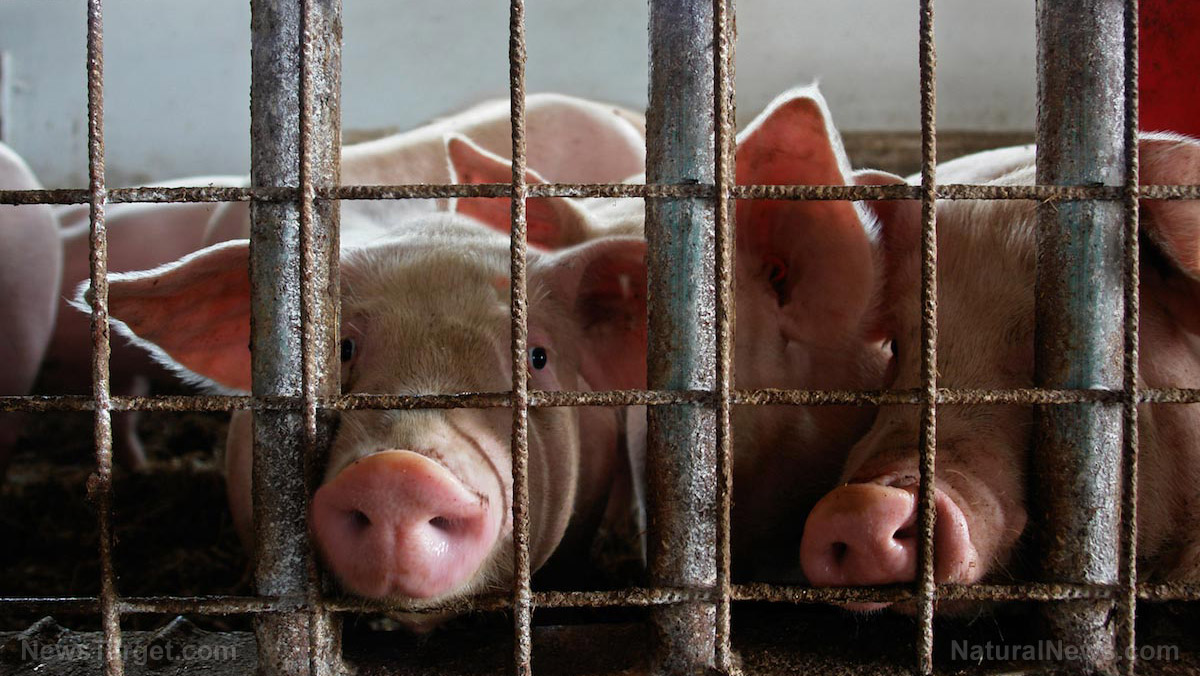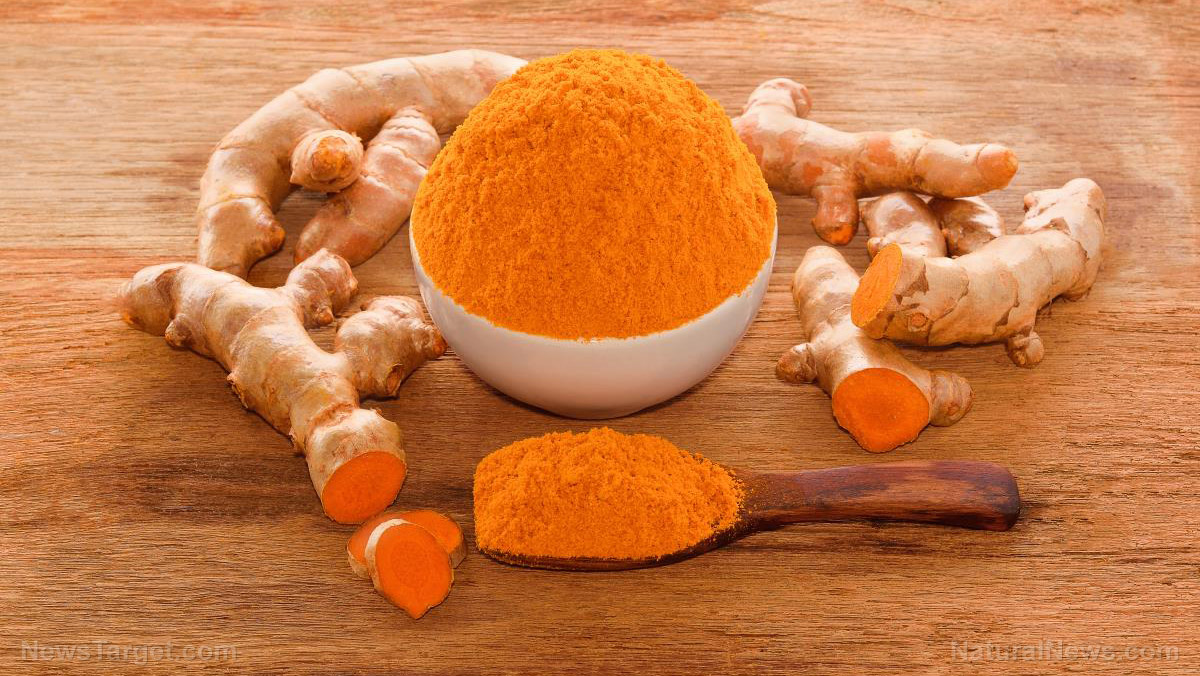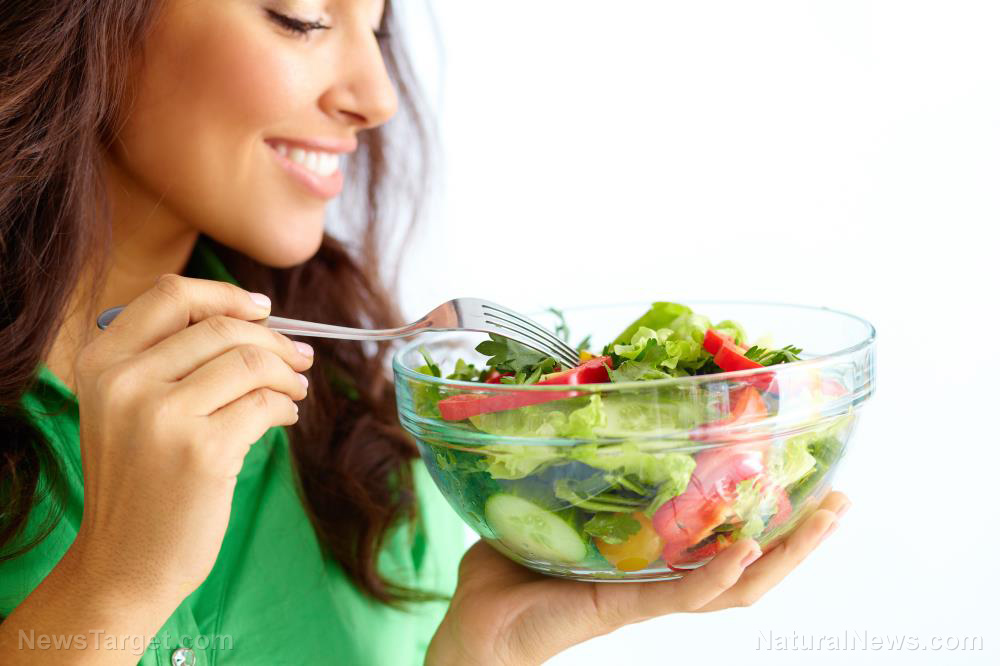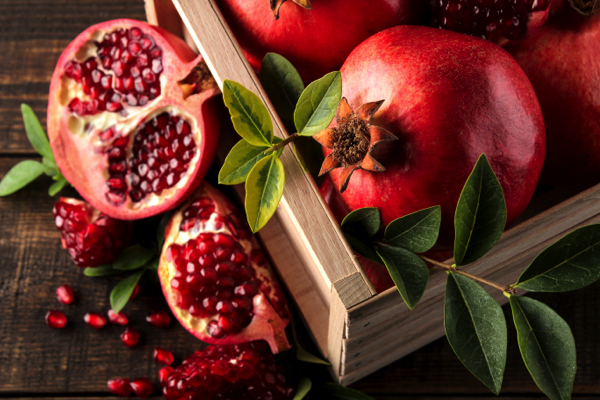
Key points:
- A new study reveals that ultra-processed foods increase the risk of hypertension, cardiovascular disease, cancer, and early death.
- Every additional 100 grams consumed daily raises the risk of digestive diseases by 19.5% and all-cause mortality by 2.6%.
- Researchers warn of hidden additives, synthetic ingredients, and nutrient-deficient formulations in mass-produced foods.
- Governments and health officials urged to enforce stricter labeling and promote whole-food alternatives.
The silent killers in your pantry
Ultra-processed foods—those factory-made products loaded with synthetic additives, refined sugars, and industrial seed oils—are not just empty calories. They are engineered for addiction while stripping away essential nutrients. According to Dr. Xiao Liu, a cardiologist at Sun Yat-sen Memorial Hospital, these foods disrupt metabolism, gut health, and even mental well-being through:
- Blood lipid imbalances
- Gut microbiome destruction
- Chronic inflammation and oxidative stress
- Insulin resistance and obesity
Common offenders include:
- Sugar-laden cereals (high-fructose corn syrup, artificial dyes)
- Packaged cookies and candy (hydrogenated oils, emulsifiers)
- Processed meats (sodium nitrites, MSG)
- Soda and energy drinks (aspartame, phosphoric acid)
A dose-dependent health crisis
The study found that for every 100 grams of ultra-processed food consumed daily (roughly a small bag of chips or a sugary drink), the risks climb:
- 14.5% higher hypertension risk
- 5.9% increased cardiovascular events
- 19.5% spike in digestive diseases
- 2.6% greater chance of early death
Even more alarming? The GRADE assessment confirmed high-to-moderate certainty in these findings—meaning the evidence is undeniable.
Where did the term "ultra-processed food" come from?
The term "ultra-processed food" (UPF) was introduced by Brazilian nutrition researcher Carlos Monteiro and his team in 2009 as part of the NOVA food classification system. This system categorizes foods based on their level of processing rather than just their nutritional content.
The NOVA classification divides foods into four groups:
- Unprocessed or minimally processed foods (e.g., fresh fruits, vegetables, eggs, milk).
- Processed culinary ingredients (e.g., sugar, salt, butter, oils).
- Processed foods (e.g., canned vegetables, cheese, cured meats).
- Ultra-processed foods (e.g., sodas, chips, fast food, packaged snacks).
Monteiro’s research highlighted how UPFs are linked to obesity and chronic diseases, leading to global awareness of their health risks.
How do ultra-processed foods differ from processed foods?
Ultra-processed foods (UPFs) are industrially manufactured products containing numerous additives, artificial flavors, and minimal whole food content. Unlike processed foods—such as canned beans, cheese, smoked fish, and bread—which are altered mainly for preservation or taste and retain recognizable ingredients, UPFs (like soda, candy, instant noodles, chicken nuggets, and frozen pizza) rely on artificial colors, emulsifiers, sweeteners, and preservatives. While processed foods may still provide some nutrients despite often being high in salt, sugar, or fat, UPFs are typically calorie-dense, loaded with unhealthy fats, sugar, and salt, and lack fiber and essential nutrients. The primary purpose of processed foods is to extend shelf life or enhance flavor, whereas UPFs are engineered for hyper-palatability, convenience, and long shelf life, prioritizing low cost and mass appeal over nutritional value.
Why are ultra-processed foods considered addictive?
Research suggests UPFs may trigger addictive-like eating behaviors due to:
- Hyper-palatability – High levels of sugar, fat, and salt stimulate brain reward pathways.
- Artificial additives – Flavor enhancers (e.g., MSG) and sweeteners (e.g., high-fructose corn syrup) may increase cravings.
- Rapid digestion & absorption – Refined carbs and fats cause blood sugar spikes, leading to overeating.
- Marketing & convenience – Easy access and aggressive advertising reinforce habitual consumption.
Studies comparing UPFs to addictive substances (like nicotine) suggest they may lead to loss of control over eating, similar to substance dependence. The solution to this is simple; making America healthy again won't come from the top down. Individuals have to decide that their life is worth living and they have to choose to eat real foods, and maybe grow some of their own!
Sources include:
Please contact us for more information.






















